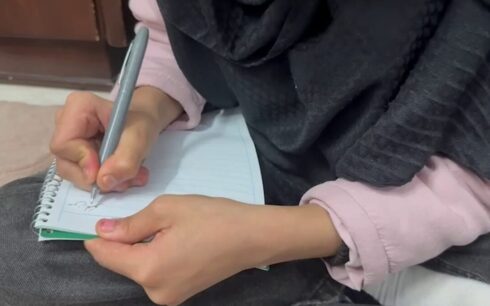UNITED NATIONS — Amina Mohammed, the United Nations Deputy Secretary-General, reaffirmed her “unwavering” commitment to defending the rights of Afghan women and girls, citing their systematic deprivation under Taliban rule.
“Women’s and girls’ rights in Afghanistan continue to be under constant attack,” Ms. Mohammed wrote on social media. She added that the rollbacks this year had gone even further, depriving Afghan women of dignity and basic freedoms. “We will not give up. My commitment is unwavering to defend their rights in Islam.”
Since the Taliban regained power in Afghanistan in 2021, women and girls have faced sweeping restrictions. They are barred from secondary and higher education, excluded from most jobs, and face severe limitations on their freedom of movement.
Human rights organizations and experts, including Richard Bennett, the U.N. special rapporteur on the situation of human rights in Afghanistan, have described the Taliban’s policies as “gender apartheid” and “gender persecution.”
Legal action at the ICJ
Last September, Canada, Australia, Germany, and the Netherlands announced plans to pursue legal action against the Taliban at the International Court of Justice (I.C.J.), alleging systematic gender discrimination and apartheid. This would mark the first case brought to the I.C.J. specifically on the grounds of gender discrimination.
The proceedings could set a significant legal precedent. However, some experts caution that the initiative is not a comprehensive solution. An analysis by Just Security, a publication focused on security and democracy, warned that the effort “may undercut obligations that require both the Taliban and the international community to act now to stop the abuses of women in Afghanistan.”
The organization also expressed concern that the case could set a “bad precedent” for how states use international law to address gender discrimination in countries beyond their own borders.
As conditions for Afghan women worsen, the international community has struggled to respond effectively. Advocates have repeatedly called for sustained pressure on the Taliban to reverse their policies, while also ensuring that Afghan women and girls receive the support they need to rebuild their lives.





